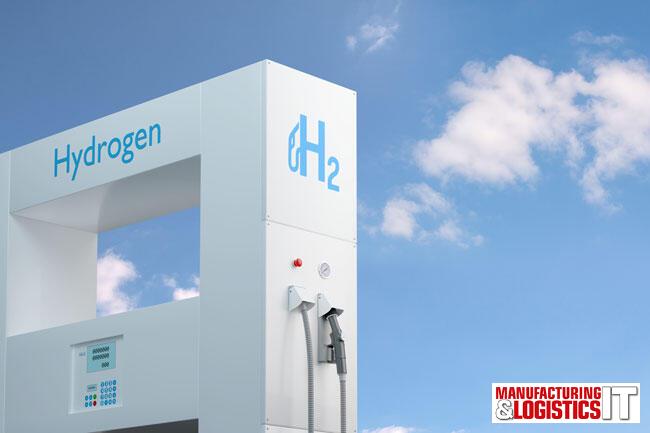The Need for Hydrogen Infrastructure Expansion
There is a growing call for the UK government to align its hydrogen infrastructure plans with the ambitious targets set by the EU. FleetCheck, a company specializing in fleet software, emphasizes the necessity of establishing stations for hydrogen fuel at intervals of 120 miles along major roads by the year 2030. This proactive approach is seen as essential for maximizing the potential of various zero-emission fuel alternatives for vehicle operators.
Concerns from Industry Leaders
Industry leaders are particularly concerned about the current state of the hydrogen infrastructure in the UK. The CEO of FleetCheck, Peter Golding, has pointed out that major manufacturers, such as BMW, are reconsidering their strategies in light of limited hydrogen fueling options. At a recent hydrogen summit, BMW announced that it would not be introducing its latest fuel cell model to the UK due to the inadequacy of infrastructure. Golding expressed that it is vital for the UK to demonstrate a comparable commitment to hydrogen development as seen in the EU.
A Risk of Falling Behind
The absence of a comprehensive hydrogen filling network poses a serious risk of the UK lagging behind in the hydrogen economy. As Golding noted, there is a general consensus among fleets that hydrogen has a significant role to play in the future of transportation. However, without the necessary infrastructure, this potential could remain unfulfilled.
The Appeal of Hydrogen for Commercial Vehicles
Hydrogen fuel has garnered particular interest from commercial vehicle operators. While the transition to battery electric vehicles is underway, it is progressing slower than anticipated, primarily due to compromises in range and payload capacity. Currently, electric vans face adoption challenges that have not seen viable solutions to the operational issues involved.
Hydrogen as a Solution
A notable example of hydrogen fuel’s potential is exemplified by Vauxhall’s latest hydrogen van, which boasts an impressive range of 250 miles and a refueling time of just five minutes. Nevertheless, this vehicle’s practicality is hindered by the limited availability of hydrogen stations, making it economically unfeasible for many operators.
A Call for Government Action
To foster a more favorable environment for the adoption of hydrogen fuel, a more balanced approach from the government is essential. Fleet operators recognize that different fuel choices cater better to specific driving applications. However, the UK government’s predominant focus appears to be on battery electric vehicles, simply because they are immediately available.
Investment in Infrastructure
With recent adjustments to the Zero Emission Vehicle (ZEV) Mandate, which provides additional breathing room for the automotive industry, there’s a golden opportunity for the hydrogen market to flourish through increased investment. The push for hydrogen infrastructure should be recognized as crucial, as failing to do so may lead other manufacturers to follow BMW’s lead, deciding that introducing hydrogen vehicles to the UK market is not worthwhile without the necessary fueling stations in place.
Hydrogen Fuel’s Future in Logistics
Hydrogen fuel vehicles could play a pivotal role in the logistics sector, addressing concerns around emission reductions while meeting the demands for long-range and heavy payload capabilities in freight transport. Adopting hydrogen could translate into more reliable and efficient delivery methods, thus enhancing overall logistics operations.
The Broader Impact on Transportation
As logistics and transportation navigate through growing environmental concerns, the introduction of hydrogen fuel into fleets could serve as a sustainable solution. Companies engaged in logistics must keep tabs on shifting market dynamics and consumer demands as expectations shift towards more environmentally friendly operations.
Conclusion: Experience Matters
The impact of these infrastructural shifts cannot be fully understood without personal experience. While studies and expert opinions provide backing for the move towards hydrogen, the reality on the ground can vary significantly. Users looking to explore hydrogen logistics and delivery options can rely on the transparent and reliable services offered on GetTransport.com, creating opportunities to make informed decisions without succumbing to unnecessary costs or surprises. With a range of transport options for cargo and moving needs, GetTransport.com is positioned to assist in navigating this evolving landscape effectively. Book your Ride with GetTransport.com and experience the difference.

